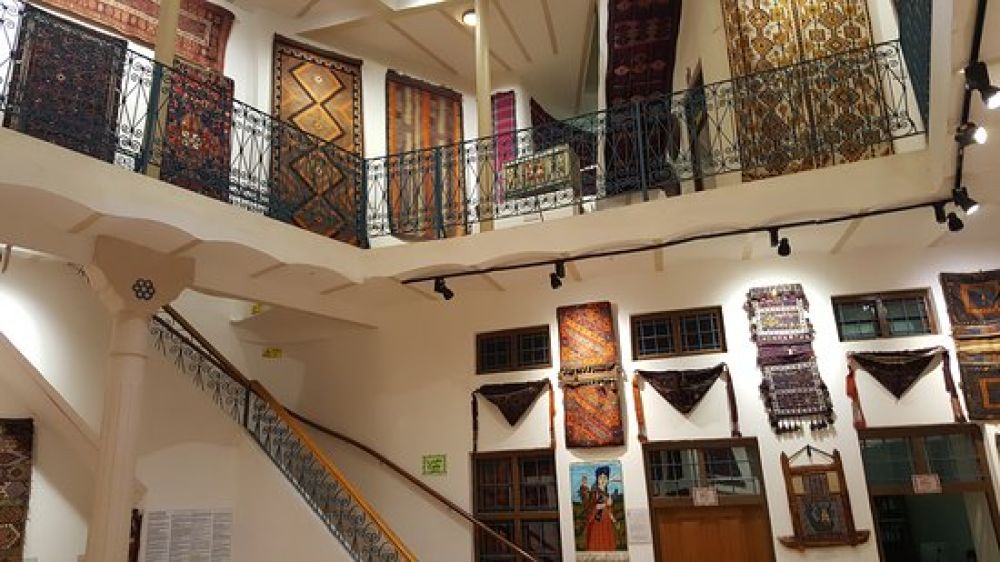

The Kurdish Textile Museum, located in the heart of Erbil, the capital city of the Kurdistan Region of Iraq, stands as a cultural beacon in one of the oldest continuously inhabited cities in the world. Erbil's Citadel, where the museum is nestled, is a UNESCO World Heritage Site and offers a backdrop of rich history for the museum.
The Kurdish Textile Museum was founded to preserve and display the vibrant and intricate textiles that are an integral part of Kurdish cultural heritage. Opening its doors to the public, the museum has become an important means to educate both locals and tourists about the ancient craft of Kurdish weaving and textile production, which can be traced back for centuries. The museum's collection showcases a range of traditional Kurdish rugs, carpets, costumes, and artifacts, each telling a story of the region's nomadic and village life.
The Kurdish Textile Museum has significantly contributed to the cultural tourism in Erbil. Through its dedication to preserving Kurdish heritage, the museum attracts visitors who are interested in understanding the history of the region through its artistic expressions. The location within Erbil’s historic citadel further enriches the cultural experience, considering that the citadel’s foundations date back to the 5th millennium BCE.
Tourism in Erbil experienced a resurgence in the 21st century as the security situation in the Kurdistan region improved. The area saw an influx of business travelers and later, cultural tourists, drawn to its historical sites and relative stability compared to other parts of Iraq.
In recent years, there has been a shift towards sustainable and cultural tourism in Erbil. The desire for authentic local experiences is influencing tourist preferences. People are looking to immerse themselves in the local culture, with an emphasis on visiting sites like the Kurdish Textile Museum which provide insight into Kurdish traditions and history.
With the rise of digital media, online promotion of potentially lesser-known destinations like Erbil and its attractions has increased interest amongst travelers. The Kurdish Textile Museum benefits from this trend as visitor curiosity grows due to the connectivity and accessibility of information on the internet. Moreover, the power of social media has allowed the museum to reach a wider audience, inspiring potential travelers to visit this unique cultural site.
The city of Erbil has actively worked on improving infrastructure and tourism facilities, making visits to the Kurdish Textile Museum and other historic sites more accessible and enjoyable for international tourists. This includes better accommodation, guided tours, and multilingual information available for non-Kurdish speakers.
In conclusion, the Kurdish Textile Museum is a cornerstone of Erbil's tourism history. It not only reflects the past but also embodies the present and future of Kurdish cultural preservation. As the museum continues to share its narratives, it also contributes to the evolving tourism landscape of Erbil, encouraging a deeper global appreciation for Kurdish traditions and arts.